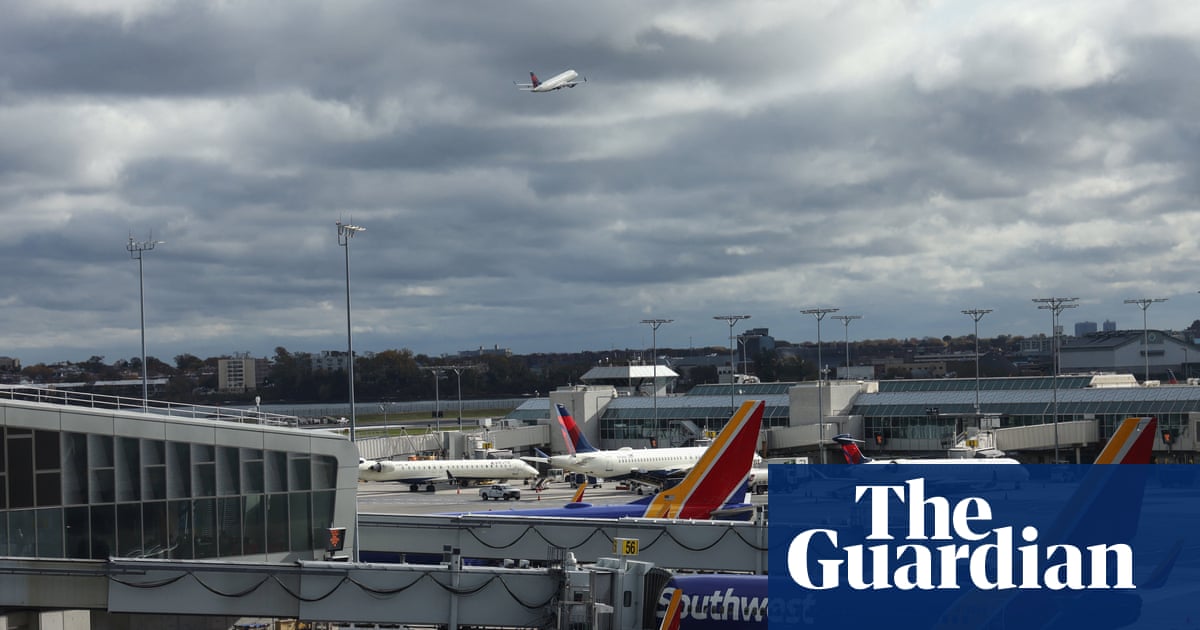A federal judge in Rhode Island followed up Friday’s oral ruling with a written order Saturday requiring President Donald Trump’s Agriculture Department to make full food-stamp payments no later than end of day Monday, or alternatively, partial payments by the end of the day Wednesday.
Chief Judge John J. McConnell Jr. of the U.S. District Court for the District of Rhode Island was responding to the administration’s request for a written order, as well as Trump’s Friday night social media post asking the court for clarity as to how USDA could legally make the Supplemental Nutrition Assistance Program payments.
“I do not want Americans to go hungry,” Trump wrote on Truth Social after McConnell’s earlier ruling from the bench on Friday afternoon. “[I] ask the Court to clarify how we can legally fund SNAP as soon as possible. . . . If we are given the appropriate legal direction by the Court, it will BE MY HONOR to provide the funding.”
In his seven-page order Saturday, McConnell acknowledged the president’s social media post and wrote in a footnote: “The Court greatly appreciates the President’s quick and definitive response to this Court’s Order and his desire to provide the necessary SNAP funding.”
[Federal judge directs USDA to pay November food stamp benefits]
The Trump USDA has argued it has neither legal authority nor available funds in reserve to provide full November benefits given the ongoing partial government shutdown. Even if it could use SNAP contingency funds, the administration argued in court that available amounts weren’t enough to cover full payments and it would be too difficult administratively to implement reduced benefits.
McConnell, an appointee of President Barack Obama, wrote that the administration has sufficient contingency funds provided in fiscal 2024 and fiscal 2025 that are available for at least partial payments. “There is no question that the congressionally approved contingency funds must be used now because of the shutdown,” McConnell wrote.
Currently, there is $5.25 billion available in the program’s contingency fund, administration lawyers argued this week in a separate but related case in Massachusetts. Ensuring full benefits are paid for November could require at least $8.5 billion, they said.
And draining the full amount remaining in the reserve fund would deplete resources needed to potentially respond to natural disasters, such as $6 billion in food-stamp benefits distributed to affected states and Puerto Rico in the aftermath of 2017’s hurricanes, they said.
McConnell dismissed such arguments and said that the law requires full monthly benefits to be paid whenever possible, or at minimum a reduced amount based on available funds.
To cover the remainder once contingency funds are drained, McConnell wrote that USDA can tap what’s known as Section 32 funding, which is funded by customs receipts and as of Oct. 8 had a balance of more than $23 billion.
Section 32 is reserved mainly for child nutrition programs, though it has funded other activities and USDA has authority to transfer 7 percent out for other uses. Administration lawyers pointed out that $300 million of the child-nutrition funds were recently transferred to cover a shutdown-related shortfall in the Special Supplemental Nutrition Program for Women, Infants and Children, but that no such funding could similarly be transferred to pay SNAP benefits.
And even if they could, figuring out how to implement reduced benefits has never been attempted and would be “exceedingly difficult, highly disruptive, and delayed, requiring a reworking of every State system to recognize and set forward a reduced benefit,” the Justice Department wrote.
McConnell disagreed. He ordered the administration to simply make the full benefit payments no later than the end of the day Monday, Nov. 3, which would be more easily administered and just requires USDA to tap the full contingency fund plus Section 32 or other available resources.
Or, he wrote, the department “must expeditiously resolve the administrative and clerical burdens it described” in seeking to make reduced payments, and do so by the end of the day Wednesday, Nov. 5.
Separately, a Massachusetts federal judge on Friday said she’d likely order benefit payments to go out if USDA hasn’t acted accordingly by Monday.
Source link
